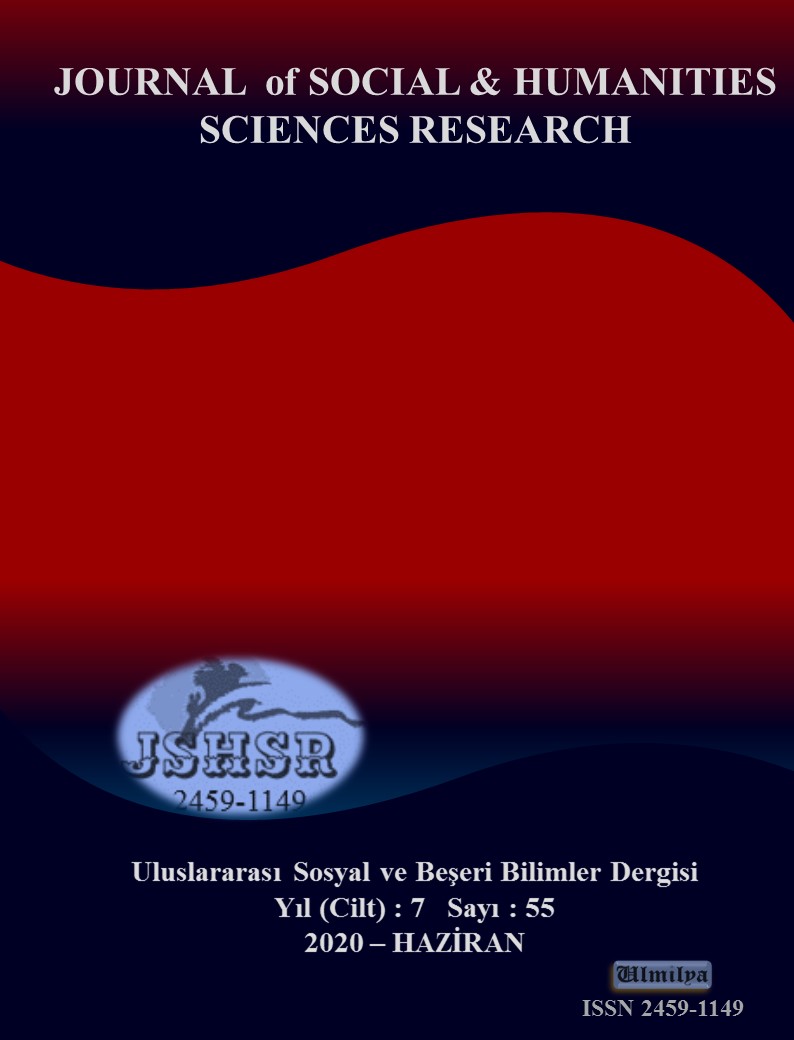TENZİH (EXONERATE) IN THE CONTEXT OF QUR'ANIC CONCEPT
DOI:
https://doi.org/10.26450/jshsr.1937Keywords:
God, Qur’an, Name, Attribute, Inherent, ExonerateAbstract
One of the main subjects of Islamic Philosophy and Kalam is the existence, unity and attributes of God. Islamic scholars have
characterized Allah in the context of the Qur’an and reason and have asserted the evidence of his existence. The knowledge
about Allah in Islamic thought is based on the Qur’an. The Qur’an characterized Allah with his names, attributes and acts. In
the light of these characterizations, Islamic scholars classified the attributes as zati, tenzihi/selbi, sübuti, fiilî and haberi
attributes. In Islamic thought, the discussions mostly experienced on the subuti and haberi attributes and different approaches
were proposed about them. The zati attributes are merely attributed to Allah. Negative of these attributes constitute the
tenzihi/selbi attributes. The tenzihi attributes mean to deny Allah from the deficient attributes. The tenzihi attributes are
generally based on the principles of Tevhid and Allah’s unlikeness other beings. The Qur’an described Allah mostly in the
context of the Tenzih. In this context, many concepts and characterizations are made in the Qur’an.
Downloads
Published
How to Cite
Issue
Section
License
Copyright (c) 2020 INTERNATIONAL JOURNAL OF SOCIAL HUMANITIES SCIENCES RESEARCH

This work is licensed under a Creative Commons Attribution 4.0 International License.


